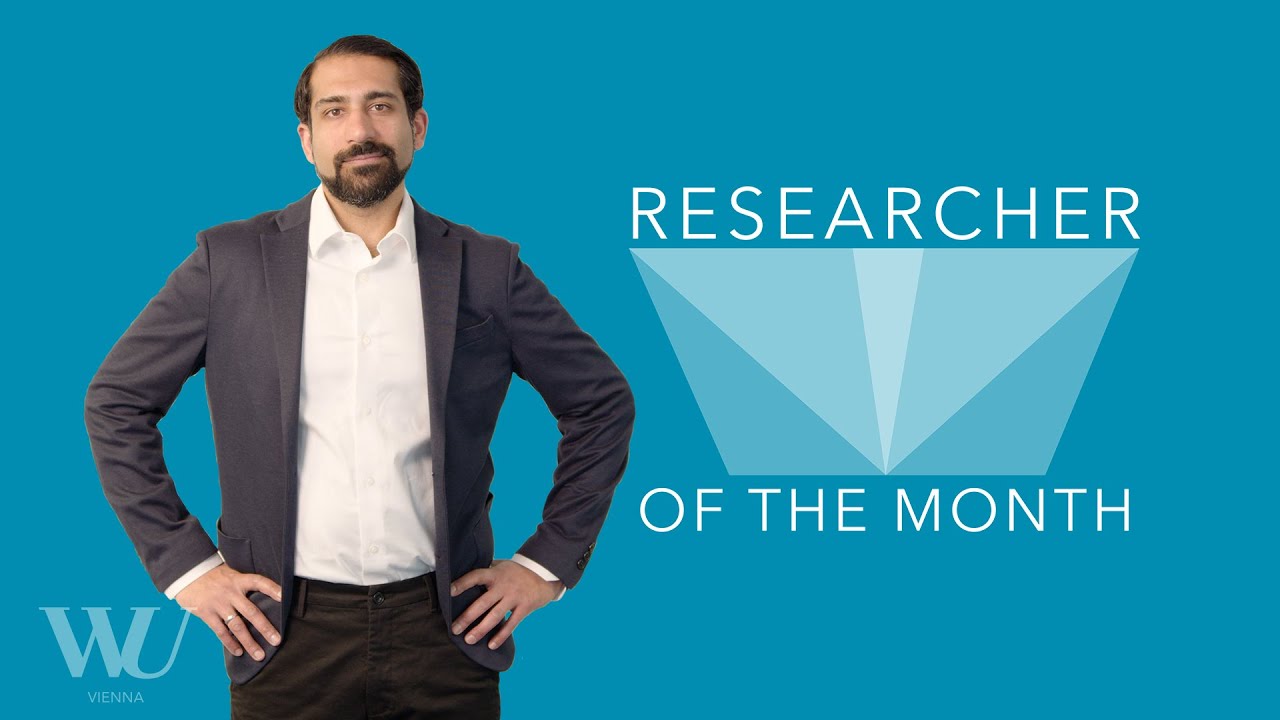Tobin Hanspal

Education Investors About…
Educating Investors about Dividends
Many investors fail to understand that dividends are not ‘free’ and forego long term savings from reinvesting because they rather spend the incorrectly perceived dividend income. A simple educational treatment with a large bank shows that teaching those who misunderstood can significantly improve their investment choices.
WU Professor Tobin Hanspal, Department of Finance, Accounting and Statistics and VGSF, studies the investment biases of individual investors. Within his study, Professor Hanspal and coauthors instituted an information provision field experiment with a large bank in Germany and observed investors’ real trading behavior with regards to divided reinvestment before and after the intervention.
The ‘Free Dividends Fallacy’ can be harmful to individual investors
“We know from previous studies that investors are hyper-aware of the dividends they are set to receive, and many go out and spend them on day-to-day consumption almost immediately,” says Professor Tobin Hanspal.
Individual investors tend to pay significant attention to the dividends paid out by stocks and funds and manage their portfolios to capitalize on them. This is not surprising given the amount of attention the popular news media gives to the ‘Dividend Season,’ which in Germany is heavily concentrated in the spring. A leading explanation for the source of dividend demand is the ‘free dividends fallacy,’ the idea that investors incorrectly view the dividend paid out as something distinct from the price level of the share, and thus fail to realize that dividends are not free money, but rather come directly at the expense of price.
Professor Hanspal states that “such behavior can become very costly for these investors. It can lead individual investors down a path of sub-par performance as they may spend the dividends when they are received, rather than reinvesting that money back into the market, thereby failing to match their benchmark indices returns.” Chasing dividends can also result in greater brokerage fees, higher taxes, and buying overpriced stocks when dividend demand is high. Thus, identifying investors who incorrectly understand dividends, and providing them with information about how they work, should help them achieve better performance, increase market exposure, and increase long-term savings.
How focused educational interventions can improve investment behavior and portfolio outcomes
To try and help investors understand the fallacy and potentially avoid the associated pitfalls, the authors of the study partnered with a large German bank to try to educate investors on thinking about dividends. The study sampled investors who might be holding stocks because of these behavioral reasons by focusing on those who held stocks of large German firms expected to distribute dividends. The authors then randomized investors into a treatment condition as well as a placebo control group. Investors in the educational treatment received an email describing the basic logic that dividends are not free, but rather are deducted from the share price. Investors also received an example using the DAX index illustrating the large difference in performance with and without dividend reinvestment. The placebo control group invited investors to a survey about dividends via an email with the same subject but did not explain the details dividends or benefits of reinvestment.
The authors find that the probability an investor plans to reinvest some of their dividends increases by approximately 15 percentage points for those exposed to the reinvestment treatment message compared to the placebo control group. Moving from what investors say they will do in a survey to how investors change their trading decisions following the intervention, reinvestment-treated investors are also 7 percentage points more likely to reinvest in the 60 days following dividend receipt with their real trading accounts. Importantly, the survey shows that the investors who changed behavior were actually the ones who previously incorrectly understood dividends.
“This implies that focused educational treatments can improve the investment behavior of retail traders. We spend a lot of effort in the field of behavioral finance pinpointing and documenting the trading mistakes that investors make and why they may depart from optimal theoretical models – but until recently we have not done an adequate job trying to get them to improve their investment choices. This study shows that it might be possible if we focus on narrow, individual, aspects,” suggests Professor Tobin Hanspal.
About Tobin Hanspal
![[Translate to English:] Tobin Hanspal](/fileadmin/wu/_processed_/1/c/csm_Tobin_Hanspal_1_002d48cd03.png)
Tobin Hanspal joined WU Vienna in fall 2019 as a tenure track assistant professor. Prior to joining WU, he was a post-doc at Goethe University Frankfurt, and before that he completed his PhD at Copenhagen Business School. Hanspal is originally from the United States and grew up in Boston and worked for a few years in New York City. Since his PhD, he has worked at the intersection of two growing fields in finance: behavioral finance and household finance. Generally, his work investigates how households and individual investors make financial choices and how these decisions lead to various outcomes, which may or may not be optimal as dictated by economic theory. This includes investors’ demand for dividends, how personal experiences in the stock market affect risk taking, retail investors’ attention to cryptocurrencies and lottery-like stocks, and what influences investor beliefs and expectations and how their beliefs affect their portfolio choices. His research has been featured in top academic journals such as the Review of Financial Studies, the Journal of Financial Economics, the Review of Finance, the Journal of Financial and Quantitative Analysis, and the Review of Economics and Statistics. He has also been recognized by leading awards such as the WU Best Paper Award (2022) and the Sturm & Drang Award (2018) for best publication at Goethe University Frankfurt.
